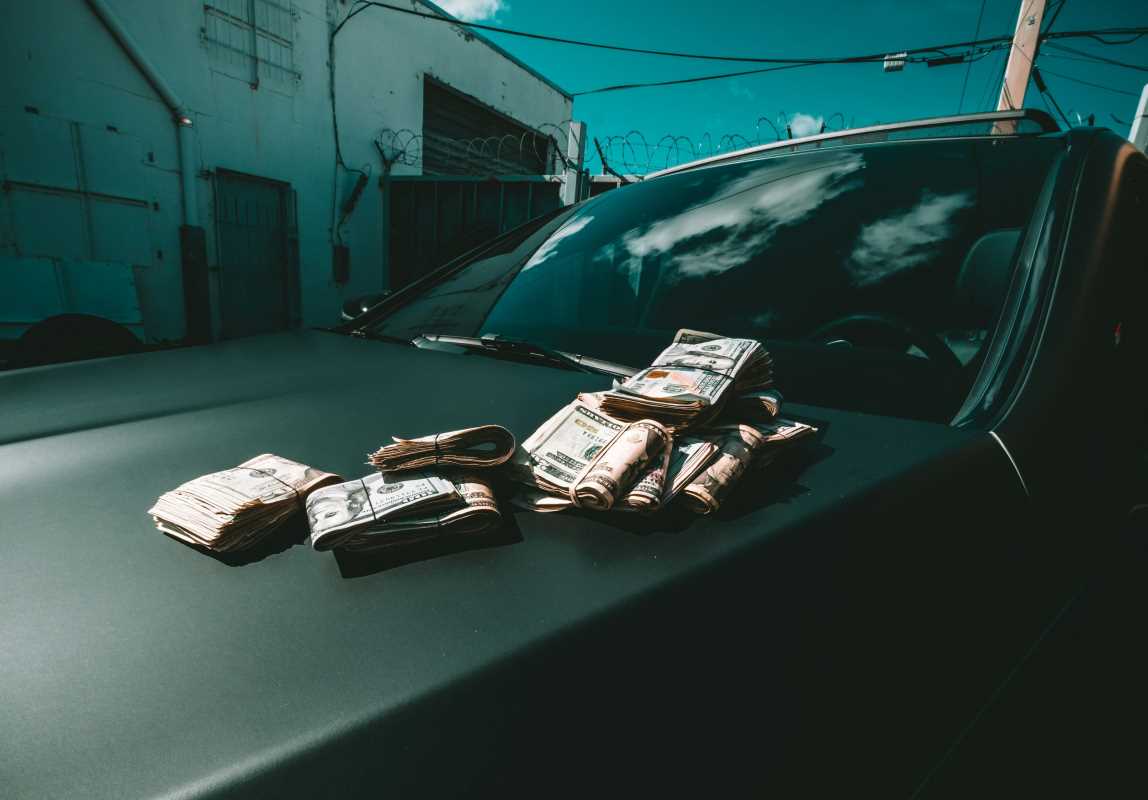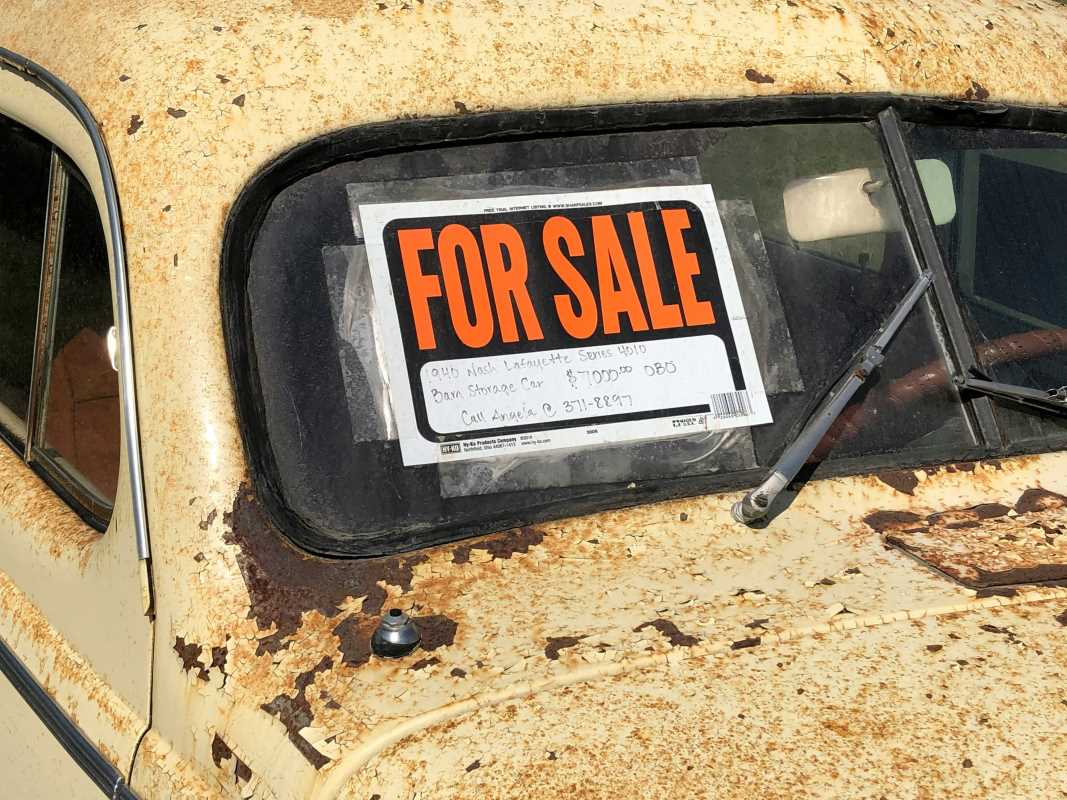Selling your car online has made things more convenient than navigating classified ads and parking the car with a “For Sale” sign in random lots. But with convenience comes risk, and the world of online car sales isn’t without its share of shady characters. Scammers specialize in exploiting unsuspecting sellers, from fake checks to clever heartbreak stories.
Fortunately, you don’t have to be a cybersecurity expert to protect yourself. With a little preparation and attention, you can sell your car with confidence and steer clear of scams. Here’s how to do just that.
Know Who You’re Dealing With
The first step to a safe online car sale is knowing exactly who you’re talking to. Yes, the person messaging you might sound perfectly reasonable, but it’s important to vet potential buyers before getting too deep into negotiations. Scammers often go for the “too good to be true” approach, offering full price immediately without inspecting the car or asking for details. If someone’s too eager before even seeing the vehicle, consider it your first red flag.
A great way to gauge legitimacy is simple communication. Anyone refusing to meet face-to-face or constantly evading questions is waving a giant red flag. For in-person interactions, insist on meeting at a well-lit public location, ideally where there’s security footage, like a bank parking lot or a police station. Not only does this help ensure safety, but it also discourages anyone with less-than-honorable intentions.
If a buyer claims to be purchasing on someone else’s behalf or is overly vague about their identity, take a step back and evaluate. Legitimate buyers won’t shy away from reasonable verification, and a little caution can save you from major hassle later.
Watch Out for Payment Scams
Few things are as stressful as realizing the money you received was fake. When it comes to payment, avoid exceptions or improvisations. Scammers often promise to transfer funds via questionable methods or urge you to accept checks with the confidence of a seasoned magician. The trick? Once the car and title are gone, their “payment” magically vanishes.
Stick to cash, verified cashier’s checks, or payment through secure, well-known platforms with buyer-seller protections. Always confirm funds before handing over keys or paperwork. If the buyer hands you a hefty check, go to the issuing bank to verify its validity before completing the sale. Sellers have lost cars to fake checks that initially appear legitimate but bounce a week later.
Be wary if the buyer insists on overpaying and asks you to send the excess back via other methods like a wire transfer. It’s a classic scam designed to exploit your good faith, leaving you out the cash and the car.
Control the Test Drive Dynamic
Test drives are an inevitable part of selling your car, but they can also be a risky moment if you’re not prepared. Scammers might use the opportunity to drive off with your vehicle, leaving you awkwardly waving on the curb. Prevent this by setting clear rules and maintaining control during the process.
First, always accompany the buyer on a test drive. Bring a friend with you if possible for an added layer of security, and ensure someone else knows where you’re going and with whom. Never leave the car unattended with the keys in the ignition, and retain possession of your own driver’s license and insurance information.
It’s smart to ask for the buyer’s license before letting them get behind the wheel. A legitimate buyer will be happy to oblige, while a scammer looking to pull a fast one will likely think twice. Keep the route short and stick to familiar areas if you’re feeling uneasy. While it’s important to showcase the car’s quality, it’s more important to return home in one piece.
Avoid Sharing Too Much Information Too Soon
Selling your car online may feel like forging a connection, but you don’t have to reveal your entire life story in the process. Scammers thrive on prying for personal information that can later be used against you, whether to steal your identity or design a more convincing con. Oversharing can make you an easy target, so keep communication professional and focused solely on the car’s details.
Be cautious about posting sensitive information, like the car’s VIN number, address, or exact location, until you’ve vetted the buyer. While it’s normal for legitimate buyers to request the VIN for background checks, scammers can use it (along with other details) for fraudulent purposes.
Until trust is firmly established, keep communication on the platform where you listed the car. Jumping too quickly to direct emails or phone calls can make it harder to track suspicious activity if something goes awry. Maintaining boundaries upfront is vital to protecting your privacy while still being transparent about the car.
Handle the Paperwork Like a Pro
Paperwork is always the least exciting part of any sale, but loose ends in this department can create a nightmare for you as the seller. Make no mistake about it; scammers will pounce on disorganized or hurried transactions to exploit you. That’s why thoroughly managing the forms and title transfer is the last line of defense against getting scammed.
Double-check the title to ensure it’s free of errors, liens, or any unresolved holds. Insist that buyers complete their section of whichever transfer forms apply in your state, including a signed bill of sale that outlines the agreed price and terms. Once the deal is done, notify your DMV of the sale to ensure the title transfer is official and you’re no longer liable for the car.
Leaving the title incomplete or retaining ownership on paper puts you at risk for parking tickets, accidents, or crimes associated with the vehicle long after it’s out of your hands. Certainty in the paperwork isn’t just a formality; it’s the key to a clean break.
 (Image via
(Image via





